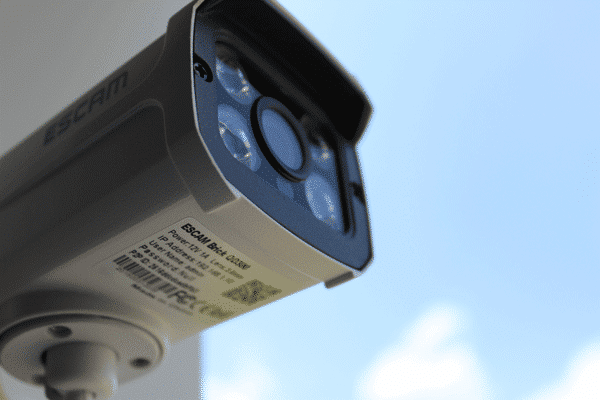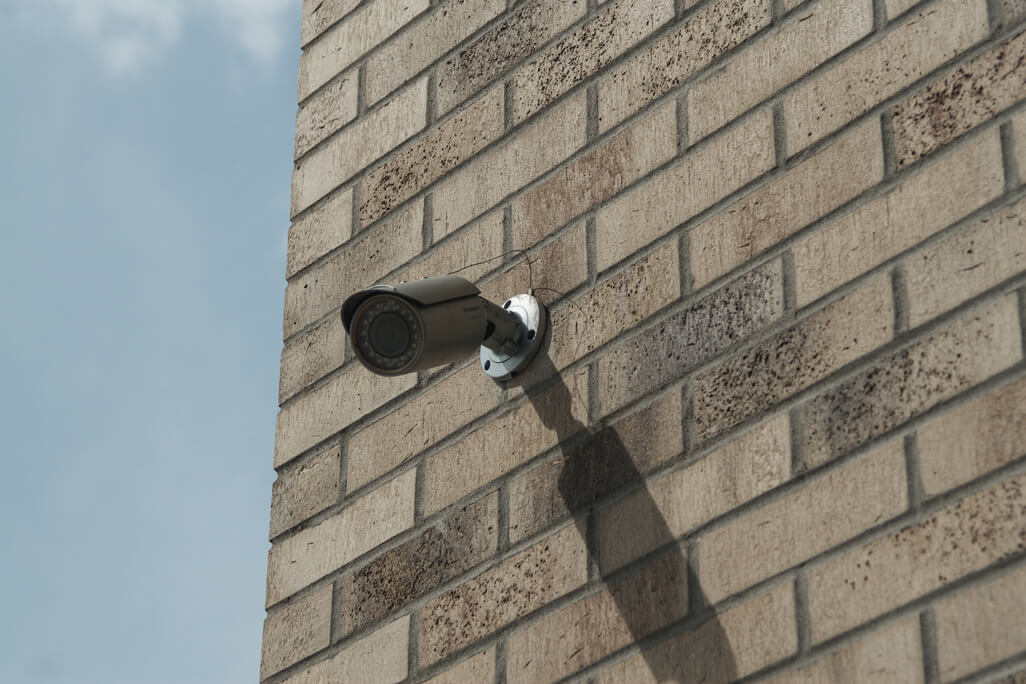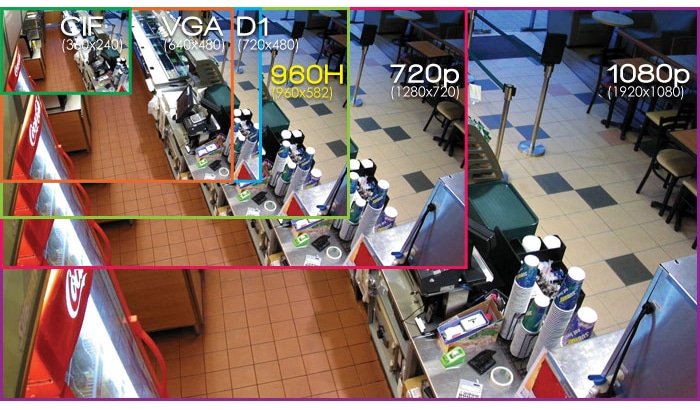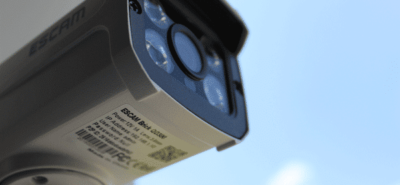Ip camera definition
What is IP camera?
An IP camera is a networked digital video camera that transmits data over a Fast Ethernet link. IP cameras (also called “network cameras”) are most often used for IP surveillance, a digitized and networked version of closed-circuit television (CCTV).
Benefits of IP camera over analog technology include:
- Remote administration from any location.
- Digital zoom.
- The ability to easily send images and video anywhere with an Internet connection.
- Progressive scanning, which enables better quality images extracted from the video, especially for moving targets.
- Adjustable frame rates and resolution to meet specific needs.
- Two-way communication.
- The ability to send alerts if suspicious activity is detected.
- Lower cabling requirements.
- Support for intelligent video.
Disadvantages of IP surveillance include greater complexity and bandwidth demands. One alternative for organizations with substantial investment in analog technology is to use a video server to, in effect, turn analog CCTV cameras to IP cameras. A video server is a small standalone server that converts analog signals to a digital format and provides the analog cameras with IP addresses.
Nevertheless, because it offers much more sophisticated capabilities, IP surveillance is increasingly replacing analog CCTV.







LEAVE A COMMENT
Για να σχολιάσετε πρέπει να συνδεθείτε.